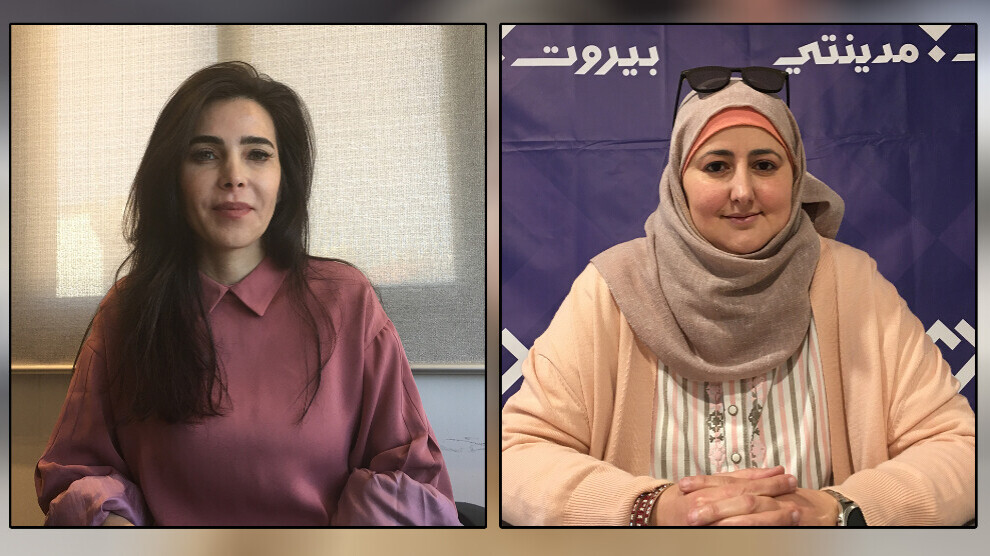Lebanese women's participation in politics and elections (2)
Women candidates: Women's issues will be on our main agenda

Women candidates running for the upcoming parliamentary election in Lebanon say if they are elected, they will focus on women’s issues and work to eliminate the problems faced by women.
SÛZAN EBÛ SAİD
Beirut- Entering the Lebanese parliament is not easy for women although there are attempts to increase women’s participation in the parliament. The women, who manage to enter the parliament, are unfortunately invisible. NuJINHA spoke to two women candidates for the Lebanese parliamentary election to be held on May 15, 2022.
Women’s role in the 17 October Revolution
Women were at the forefront of the protests that started on the evening of 17 October 2019 and spread across Lebanon. During the protests, known as the 17 October Revolution, Lebanese women also fought for being treated as an equal. The slogan “The revolution is a female” shouted at the protests showed the role of Lebanese women in the protests. Activists say that the high number of female candidates for the upcoming election is one of the women’s achievements gained during the revolution. Most women candidates aim to change the marginalized the role of women in the Lebanese political reality, amend unfair laws and enact laws protecting women’s rights.
Lawyer, political and social activist Rania Ghaith, candidate for the Druze sect in Chouf from the “United for Change” electoral list, was a candidate for the Lebanese general election held in 2018 but she couldn’t enter the parliament. “I am running for the election for the second time because I got the highest votes recorded for a woman in the region at the 2018 general election. Women have an essential role in society. While the Lebanese constitution asserts the equality of rights and duties for all citizens, regardless of gender, our society is not aware of their rights. Women are seen as beautiful objects in the parliament, and their roles in politics and the economy are ignored. But women are also aware of all issues in the country and they have the capacity, awareness, and competence to develop the country,” Rania Ghaith said, stressing that women’s participation in politics and decision-making positions is important.
Speaking about the gender quota, she said, “The percentage of women’s candidacy is a right, women shouldn’t beg for it. No one has the right to determine seats and positions for women. If I enter the parliament, I will support women’s participation in all spheres of life.”
“People should be listened to”
Mechanical engineer Hania Hani Zaatari, candidate for the Sunni sect in Sidon from the “United for Change” electoral list, told us why she decided to be a candidate for the election.
“What encouraged me is that this parliament does not fulfill its duties effectively. I believe that the thoughts of people should be listened to,” she said, adding what she will do if she enters the parliament, “The first thing I will do is to amend unfair laws, particularly those about women. The second one is to hold the government accountable and follow its progress in an accurate manner. I will try to be in contact with people through direct communication and ask them what they want. And I will do my best to facilitate their access to the services they demand.”
